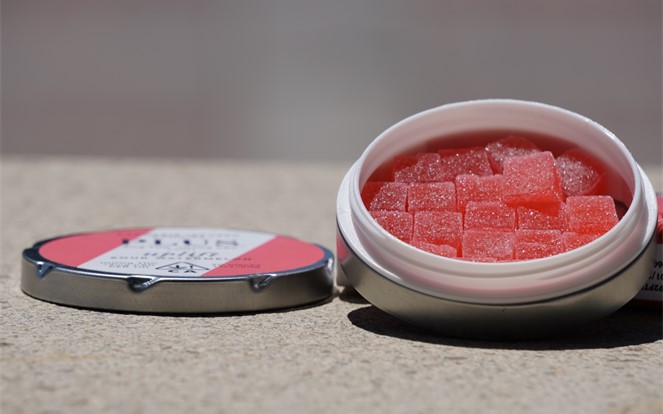
Cannabidiol (CBD) not Covered Under any Existing FDA Regulatory Framework – Ball Now In the Hands of Congress
The U.S. Food & Drug Administration (FDA) called on Congress to set a new regulatory pathway for cannabidiol, or CBD, the non-psychoactive ingredient in cannabis plants. The FDA said it is willing to work with Congress to create one. The regulatory body said the same is true for CBD in animal products. CBD has been in a form of regulatory limbo since the passage of the 2018 Farm Bill that legalized hemp, the base ingredient to make CBD. The extract is now found in many wellness products and is widely used in all 50 states. The FDA says it is not a food or a supplement, it may now be up to Congress to define its niche.
According to an FDA press release, the use of CBD raises safety concerns, in particular regarding its long-term use. It cited the potential harm to the liver, interactions with some medications and possible harm to the male reproductive system.
The FDA’s Reasoning
A high-level FDA working group that was to decide which FDA framework CBD products fall under, and related regulatory pathways, announced that it doesn’t easily fit within a regulatory framework that exists at the agency. On January 26 the FDA announced, “that after careful review, the FDA has concluded that a new regulatory pathway for CBD is needed that balances individuals’ desire for access to CBD products with the regulatory oversight needed to manage risks.” They said the FDA is prepared to work with Congress to create a legal, workable framework.
At the same time the FDA also denied three citizen petitions that had asked the agency to conduct rulemaking to allow the marketing of CBD products as dietary supplements.
The FDA listed safety concerns surrounding CBD use. “The use of CBD raises various safety concerns, especially with long-term use. Studies have shown the potential for harm to the liver, interactions with certain medications and possible harm to the male reproductive system.” They were also concerned about children and CBD exposure, and women who are pregnant.
The reason for a new regulatory pathway, according to the FDA, is that it would “benefit consumers by providing safeguards and oversight to manage and minimize risks related to CBD products.” The FDA said these may include clear labels, prevention of contaminants, CBD content limits, and measures, such as minimum purchase age. “In addition, a new pathway could provide access and oversight for certain CBD-containing products for animals,” the FDA said.
According to the FDA, existing foods and dietary supplement authorities provide only limited tools for managing risks associated with CBD products. Under the law, any substance, including CBD, must meet specific safety standards to be lawfully marketed as a dietary supplement or food additive. The FDA said “we have not found adequate evidence to determine how much CBD can be consumed, and for how long, before causing harm. Therefore, we do not intend to pursue rulemaking allowing the use of CBD in dietary supplements or conventional foods.”
The FDA said CBD also poses risks to animals, and people could be unknowingly exposed to CBD through meat, milk and eggs from animals fed CBD. Therefore, it is not apparent how CBD products could meet the safety standard for substances in animal food. “A new regulatory pathway could provide access and oversight for certain CBD-containing products for animals,” according to the release.
The FDA said it “will remain diligent in monitoring the marketplace, identifying products that pose risks and acting within our authorities. The FDA looks forward to working with Congress to develop a cross-agency strategy for the regulation of these products to protect the public’s health and safety.”
Managing Editor, Channelchek
Sources